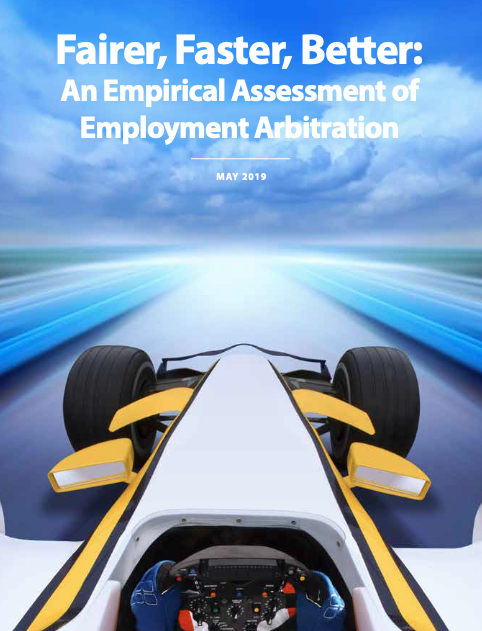Arbitration is a process used to handle disputes outside of the litigation system.
We often hear about disputes being settled through arbitration. Think of a heated divorce where a third party is needed to help reach a resolution and equitably divide assets. But what is arbitration exactly, and how does it differ from other conflict resolution options like litigation and mediation?
Arbitration is a process used to handle disputes outside of the litigation system. This form of alternative dispute resolution provides a different option to a lengthy and expensive courtroom battle. Resolving cases through litigation is often time-consuming and expensive for all involved, so people often benefit from using a different option like arbitration or mediation.
What is the difference between arbitration and litigation?
Litigation is the formal avenue for resolving legal disputes through the court system. Because litigation is done through the courts, it can be expensive, public, and move slowly.
- Litigation can be expensive. The process of litigation comes with many associated costs in addition to attorney fees including court filings, gathering evidence, and hiring expert witnesses. Since arbitration bypasses many of the steps required in litigation, resolving a dispute through arbitration can save both parties significant amounts of time and money.
- Case information is public. Taking a case to court means that all case information can become part of the public record. Whereas in arbitration, there are no public records filed and case information can remain private if the parties agree.
- Resolving a case can take years. Because of the formalities with taking a case through the court system, and the many steps involved, the process can be very slow. In fact, some cases can drag on for years.
What is the difference between arbitration and mediation?
Arbitration and mediation are similar forms of dispute resolution. Both options allow those involved to bypass the court system, but mediation allows participants to voluntarily reach an agreement. The parties involved maintain full control of the outcome. Whereas in arbitration, a neutral third party, or Arbitrator, is selected to oversee the case and determine the outcome. The Arbitrator, in essence, serves as a private judge and is responsible for determining who wins the dispute.
What are the benefits of arbitration?
Research has shown that arbitration is a faster, more flexible, simpler, and less expensive way to resolve a dispute for both employees and consumers instead of going to court.
- Consumers and employees are more likely to win in arbitration than in court. Based on research, consumers initiated and prevailed in 41.7% of all consumer arbitrations, consumers prevailed in 29.3% of litigation cases. Employees in arbitration won three times more often than in litigation (37.7% of cases vs. 10.8%).
- Consumers and employees receive higher awards in arbitration than in litigation. The average award in arbitrations that consumers initiated and won was $79,945, compared to $71,354 in litigation. Employees in arbitration won an average of $444,134 in arbitration, compared to $407,678 in litigation.
- Arbitration is faster than litigation. It took an average of 321 days for consumers to initiate and terminate a dispute with an award in arbitration compared to 439 days in litigation. For employees, it took an average of 659 days through arbitration, compared to 715 days through litigation.
- Work around your schedule, not the court’s. Since arbitration is handled outside of the often-overbooked court system, there is more flexibility for scheduling.
What types of disputes can be settled with arbitration?
Arbitration is most frequently used to settle commercial disputes between companies, employment matters between workers and employers, as well as issues between consumers and businesses.
What is the difference between employee and consumer arbitration?
Employee arbitration refers to employment disputes between a worker and an employer, such as wrongful termination, misconduct, or breach of contract. Consumer arbitration refers to disputes between an individual consumer and a company, such as disputes over faulty products, inadequate services or contractual disputes.
Research shows that arbitration is a highly effective conflict resolution method for both parties involved in civil disputes, and in many cases, is better than resolving a dispute through litigation.



